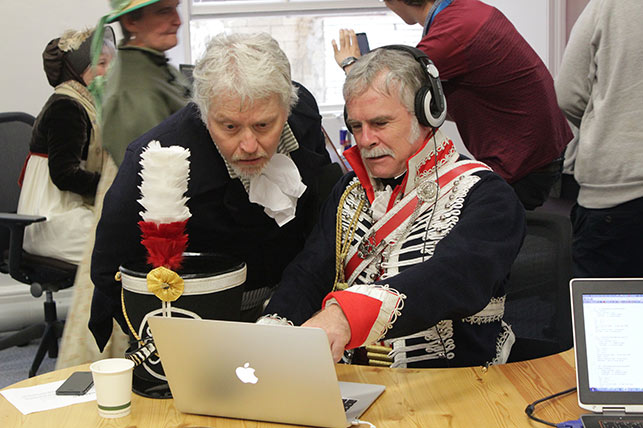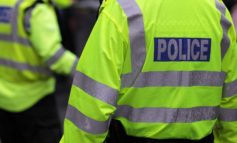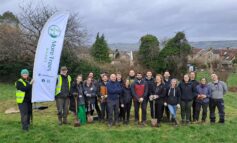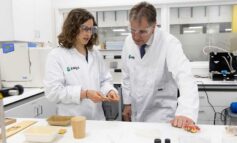Bath: Hacked, an event bringing together creative people across the city, has helped build a number of solutions to better display the Council’s ‘live’ air quality monitoring data.

The competition, on Saturday 20th September, saw seven teams compete against each other in a bid to best display local air pollution data, after it was recently made publicly available.
After a day of hacking by the teams, their work was presented to a panel of three judges; Councillor David Dixon (cabinet member for Neighbourhoods and Deputy Leader of the Council), Robin Spalding (from B&NES Environmental Monitoring Team) and Tom Lewis (Director of The Guild CiC).
The data presented has shown that the air quality in the B&NES area is within official guidelines and has been improving steadily since 1998.
It also revealed that summer is better than winter for the amount of air pollution in the city, Monday is better than Friday and the heaviest spikes coincide with the annual Christmas market.
A selection of the projects created during the hacking event included:
Airlapse, created by Jack McConnell and Thomas Fletcher. The pair produced a timelapse of pollution levels in the city, which showed a visualisation of air quality in Bath and won two of the hack prizes: Best Visualisation (£150) and Best Shipped (£150).
Fourcast, created by Adam Reynolds, Ashton Clapp and Steven Borrie (aka Team Slackers). Their project mixed air quality data with weather research to potentially create alerts when air quality is likely deteriorate. This came away with the Best Overall (£400) and Best Mashup (£150) prizes.
Team Leigh, by Leigh Dodds, won Most Educational prize (£150) by producing charts showing how time of day, wind direction and seasonality affect pollution levels across B&NES.
It is believed that the Council now have the most open air quality data in the country and work has commenced on updating their air quality webpage to incorporate some of the innovative ways of displaying the data that were presented at the hack.
The event was funded by the Department for Food, Environment and Rural Affairs, who the Council are now reporting back to in the hope that other authorities will be encouraged to undertake similar initiatives.
You can find out more about the Bath: Hacked event on their website here.



